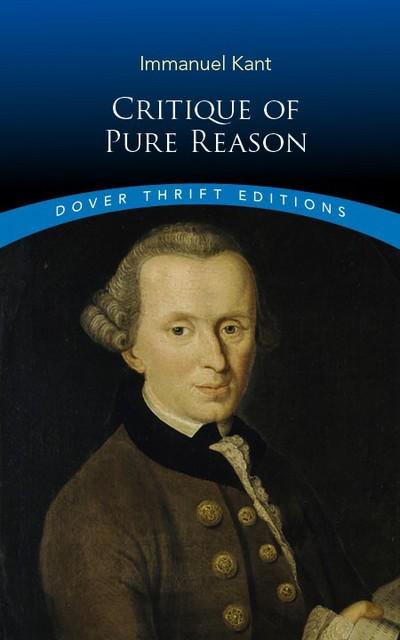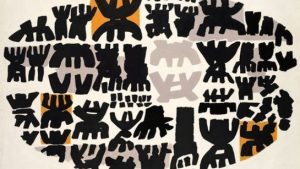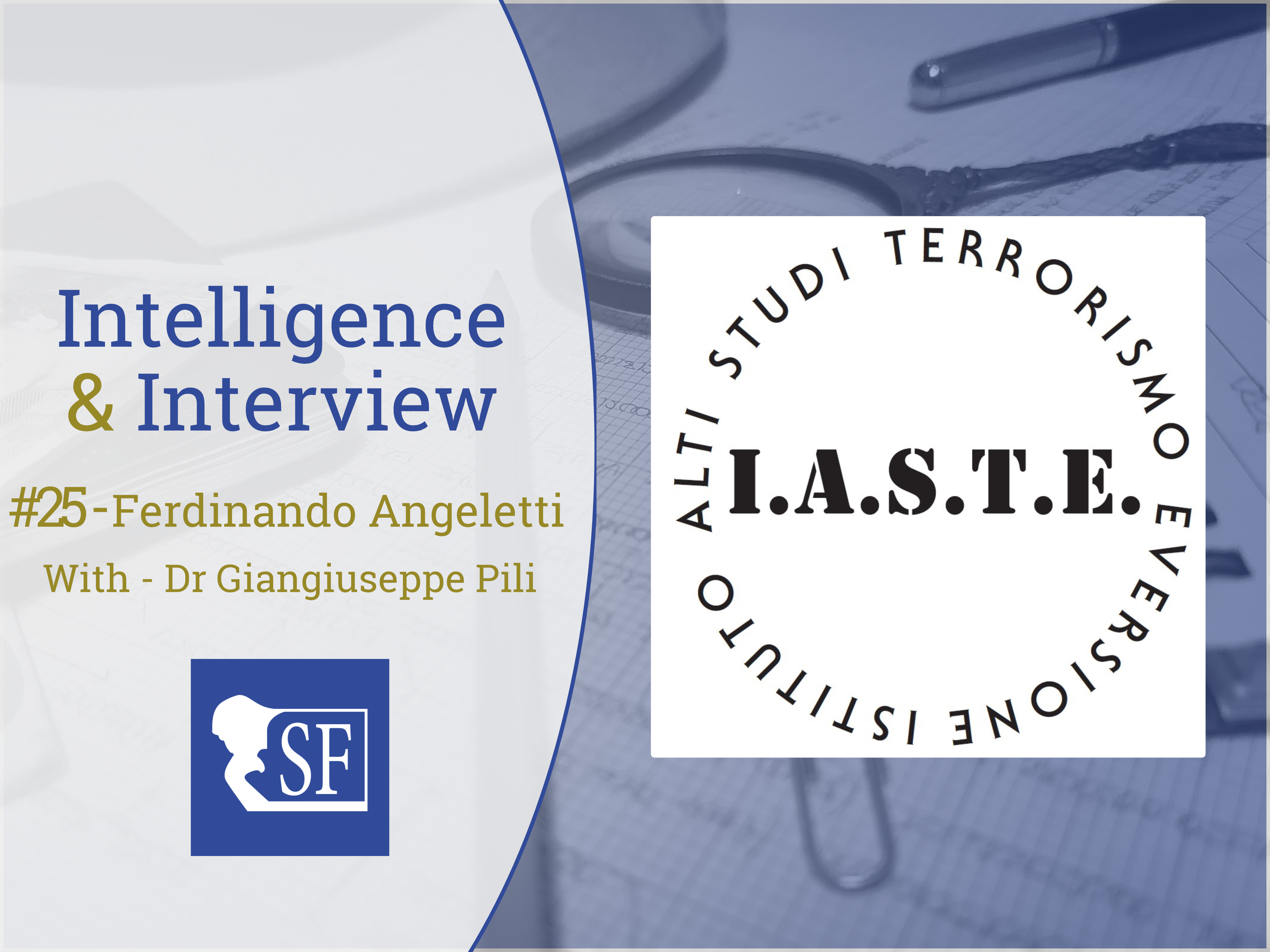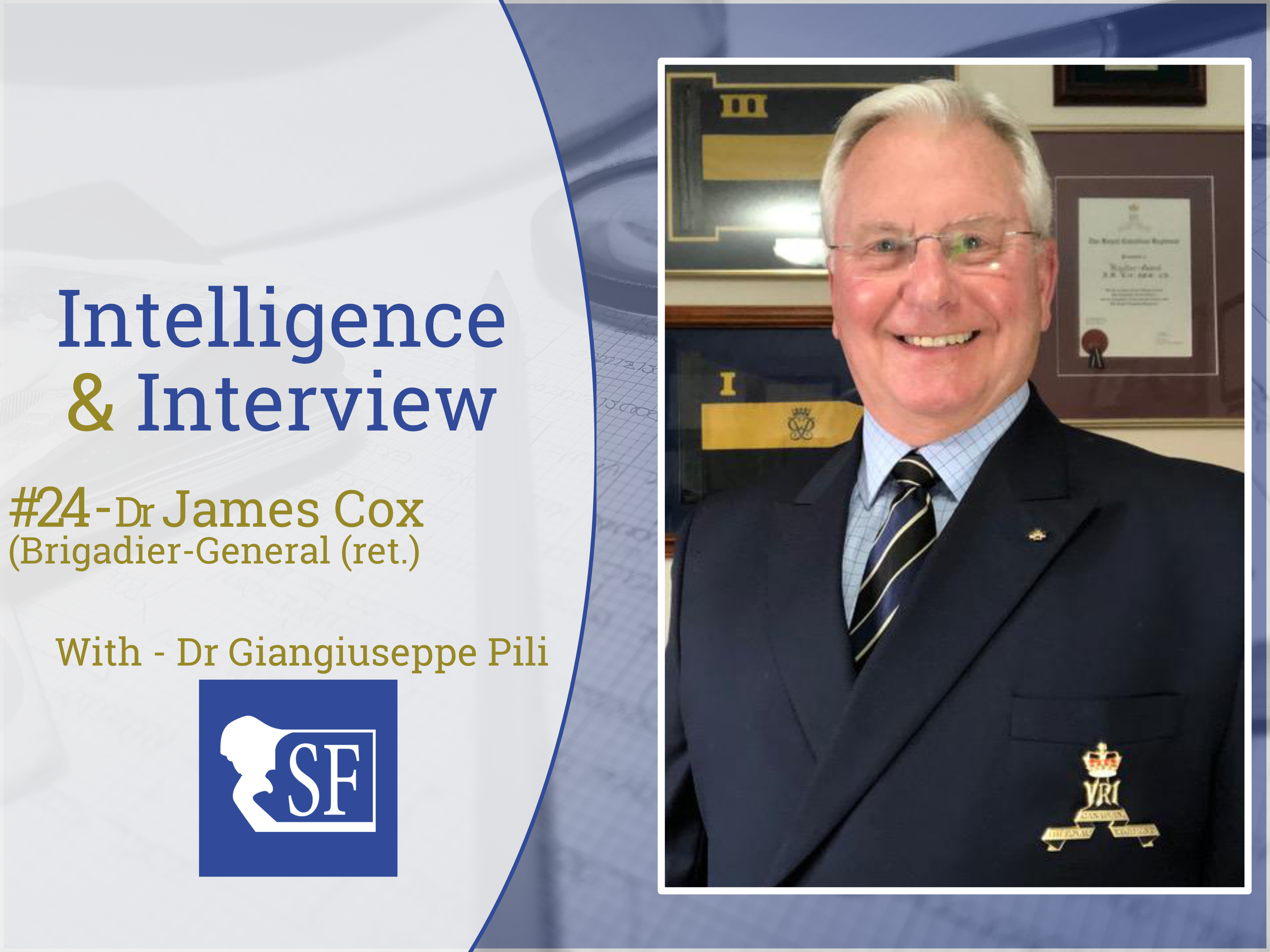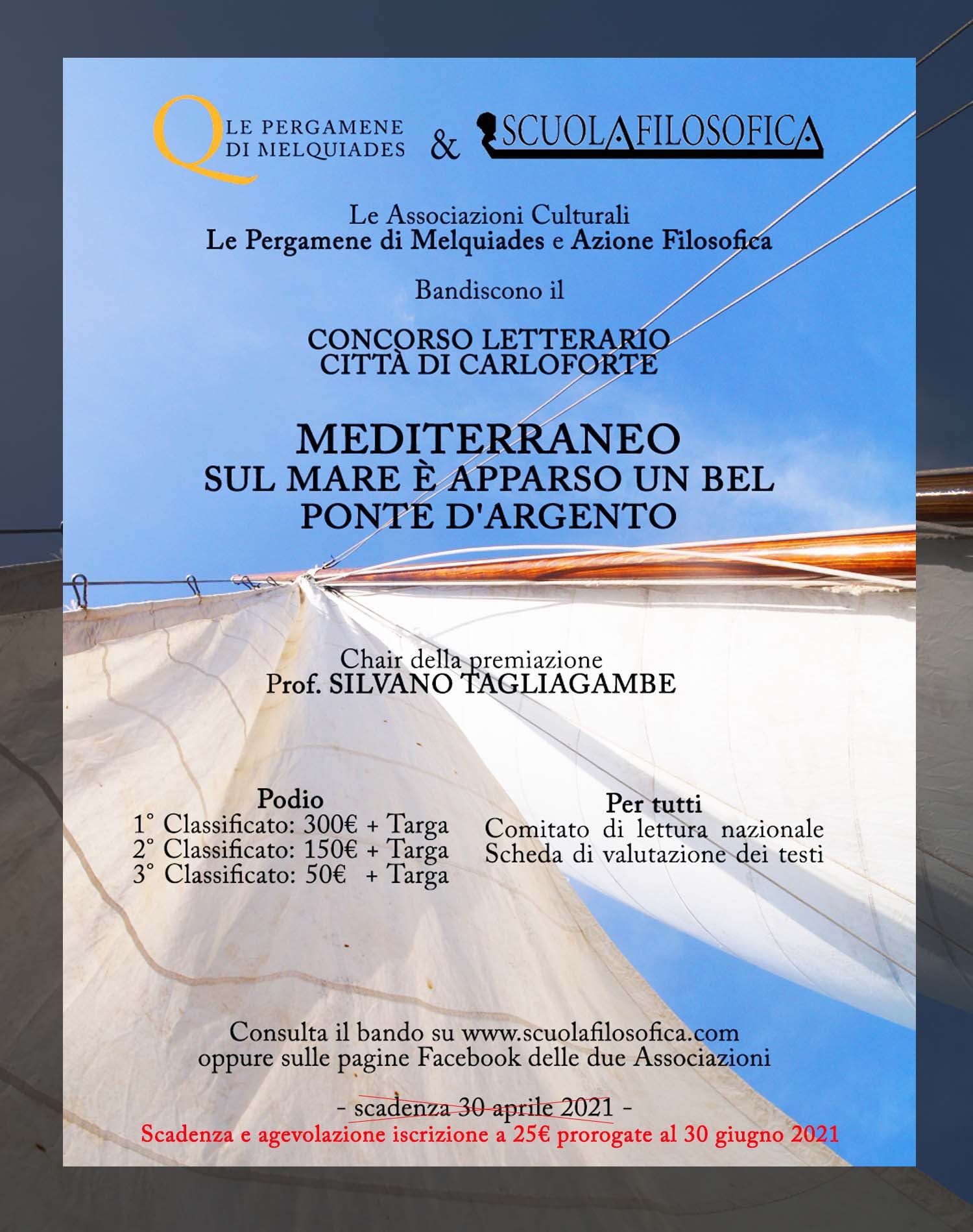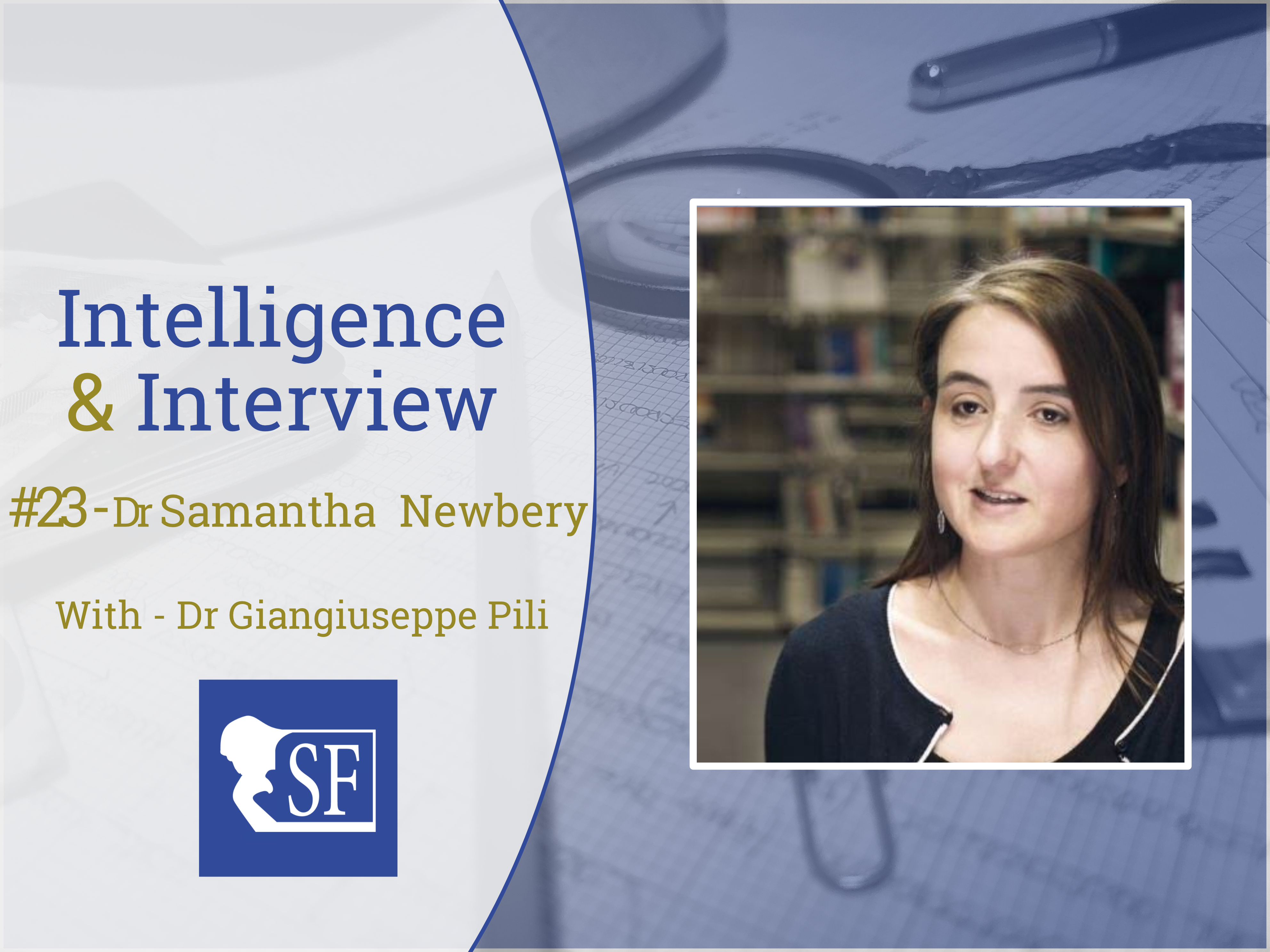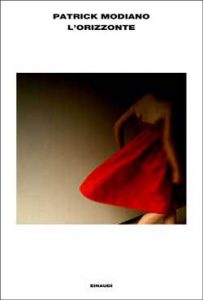Vuoi leggere l’intero articolo? Vai qui!
Iscriviti alla Newsletter!
4.2 La potenza della ragione
La ragione è molto potente, ovvero è capace di creare idee aggregando conoscenze dell’intelletto per estenderle oltre i limiti del solo intelletto. La prima volta che mi accinsi allo studio della Critica della ragion pura mi convinsi che l’intelletto è molto più efficiente della ragione, almeno nella visione kantiana. Dopo tutto, è l’intelletto ad essere capace di conoscere il mondo, nella misura del possibile. Questo perché, ancora una volta, i dati del senso interno e del senso esterno, tempo e spazio, vengono ordinati dall’intelletto e noi possiamo avere un’immagine del mondo indotta esclusivamente dall’intelletto. Nella visione kantiana, se noi avessimo avuto diverse categorie intellettuali, avremmo una percezione dei fenomeni (ovvero una costruzione degli stessi) completamente diversa da quella che abbiamo. Per Kant la conoscenza non è oggettiva ma intersoggettiva. Ovvero, la conoscenza che noi abbiamo del mondo è quella che possiamo avere in quanto esseri intellettuali razionali finiti. Un pipistrello ha un’immagine del mondo totalmente diversa dalla nostra nella misura in cui la sua esperienza è ordinata in modo differente dalle sue categorie. Tuttavia, questo non significa, come è stato detto, che Kant riduce tutto a pure categorie soggettive, ovvero il mondo è come il soggetto lo vede. Questo è un punto cruciale che vale la pena di considerare brevemente.


